Shoot for the Moon
Becoming an astronaut: who hasn't ever dreamed of it? For André Kuipers, this dream became a reality. He had the opportunity to go to space twice, for a total of 203 days. We spoke to him for a glimpse into the life of an astronaut.
Kuipers began working as a physician in the Royal Air Force in 1987, where he initially conducted research in understanding pilot disorientation caused by changes in G-forces. In 1991, he was recruited by the European Space Agency to further pursue his study on this topic. There he was mainly involved in physiological experiments, investigating how astronauts' bodies change in zero gravity.
Some might say that, from his career, Kuipers was already well-prepared for the life of an astronaut when, in 1999, his dream came true, and he officially became part of the European Astronaut Team. However, the journey to the ISS was still some time away; it was only set to happen in 2004 after no less than seventeen years of preparation. A long road of intense training laid ahead. If this were you, how would you prepare for this once-in-a-lifetime opportunity, and what obstacles might you encounter?
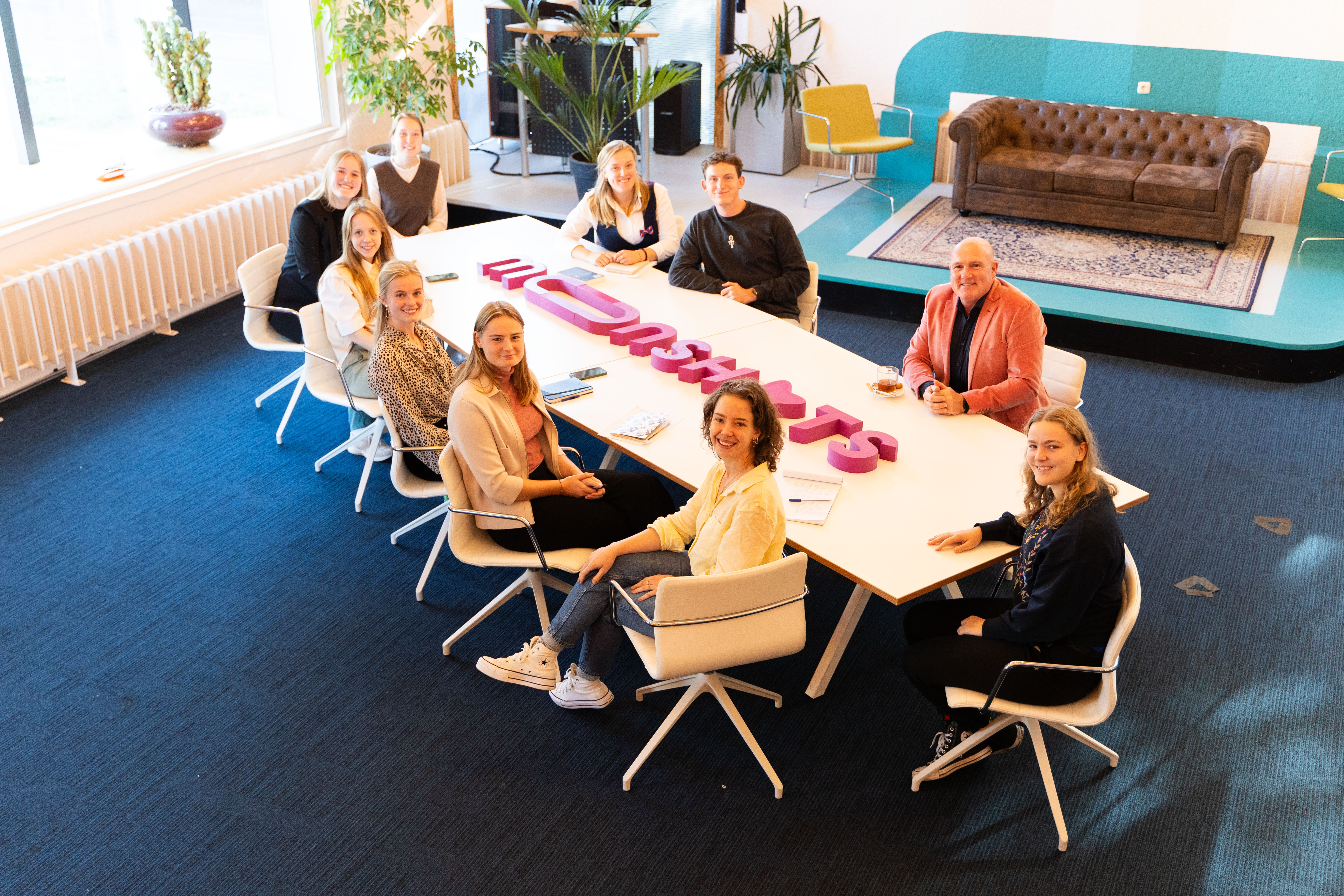
Serafine and Elanor (in front), had a chance to speak to André Kuipers on behalf of LSM. Image: Jaime Korbee.
Vets and test pilots
The most important advice of all is to start on time. 'You have to think about where you want to be in ten years, and take the first steps toward that now,' Kuipers said in an interview. 'Astronauts can come from all walks of life.'
For example, there are veterinarians who go into space, but also test pilots, engineers and physicists. “The most important thing is that you like it, because then you can become really good at it. An opportunity to become an astronaut can come from any direction, so pay close attention and make sure you don't miss your chance.”
Kuipers’ second piece of advice is to never eliminate yourself from consideration. Despite always having to wear glasses, and only having half of a thyroid, Kuipers initially thought he could never become an astronaut. One day however, he saw an astronaut who wore glasses. Intrigued, he went to find out exactly what the requirements were to become an astronaut and that’s when he found out that you needed a functional thyroid, and not necessarily a whole one. “You need to be healthy, being a top athlete is not a necessity.”
'Never tell yourself you can't do something,' Kuipers continues. 'The chances are very small that you will be selected, but not zero. Just go and try. 'I thought that if I don't try, I'll regret it. And then I would spend my whole life thinking: 'If only I had...'" And what if it doesn't work out? Then you can always do something else. 'You should always have several arrows on your bow.'
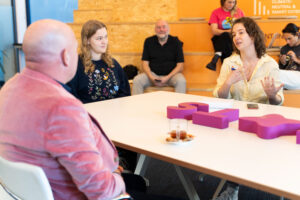

Guinea pigs
Let’s imagine you made it. You're an astronaut and your mission is all planned out. What is something you should expect? "Astronauts are like guinea pigs," Kuipers says. The experiments begin on the ground, with baseline data collection. Bone calcium levels, lung function, checking you have balanced organs. Everything is tracked, from a long time before your flight up until a long time after. But the most interesting data, of course, is collected during your mission. 'The most fun experiment was mapping my own heart with an ultrasound. Your heart changes shape because the heart muscle also slackens in outer space, this is because you hardly use your body.'
Of course, there are quite a few things you have to get used to. 'The romantic idea of space travel is not always reality,' Kuipers says.'The first thing you will encounter will be space sickness, a kind of motion sickness. You also might experience a change in your fluids due to the absence of gravity and might experience pain caused by the expansion of your intervertebrae. All of these things are what make the first days in space difficult. Once you get over that, being in space is good physically. Psychologically, it's still a bit tough. There is always a camera on you and you are afraid to make mistakes. 'You can really get a Big Brother feeling from it.'
Should something go wrong and you get really sick or injured, there is always a crew of two Medical Officers on board. 'There's a little hospital on board.' Did Kuipers take advantage of that himself? 'Every so often I had to submit various medical data, for example a picture of your eardrum. As a doctor, I wouldn’t dare take an unclear, blurry picture of my eardrum, so I ended up poking around more than necessary. The next day, I woke up with tremendous pain in my ears – an external ear infection.
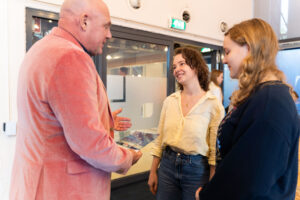

Bird sounds
"Astronauts serve as the hands and eyes of the researchers on the ground," Kuipers says. 'They follow procedures and perform experiments in response to instructions from the ground station. Being an astronaut also requires the ability to improvise. For example, during one of my experiments, a gas hose got tight, causing a piece of plastic to break off. "I called up the ground and said, "You guys have already seen it, right?" They hadn't seen it yet.'
The spare part for the hose was not on the ISS. With grey tape and a part from another experiment, they managed to reseal the hose. 'Solving problems like that was fun.'
But, of course, life on the ISS is not all about hovering and experimentation. What else goes into the daily routine? 'Astronauts always have to exercise two hours a day, because if you float, you get weak in all your muscles.' On board, they have a bicycle without a saddle, to which you attach your shoes; a treadmill with a harness, 'because otherwise you would fly off it with one step'; and a device that uses air pressure to simulate weightlifting.
Hospital, gym, the biggest backyard you can imagine: in the ISS they really do have everything. Well actually: "The only thing you don't have is nature. A few small plants in a corner and a file of bird sounds are as close as the astronauts are going to get. According to Kuipers, the loss is absolutely worth it. It's almost magical, he says, up there, far above the earth.
Floating and diving
So what are the most special experiences an astronaut can go through? Kuipers immediately mentions three things. The first is the view. 'In the beginning you are so busy. Only when you can settle down for a moment, after a few days, do you begin to appreciate where you are.' The Overview Effect also plays a role: it is only when you leave Earth that you can see how small, beautiful and fragile our planet is. 'You also feel that you are part of something bigger: of a solar system with a moon, Mars, and there were even comets during our flight. That is something phenomenal. Astronauts often do their best to convey that feeling to people, using Virtual Reality, among other things.
Second, he mentions floating liquids. Playing with a ball of water or tea suspended in front of you is unlike anything on earth. "That's something so magical, to do things with floating objects. But nothing is as magical as floating itself. 'I still dream about that from time to time,' Kuipers says. He talks about how nice it is to be able to move yourself with one finger. The only thing that comes close is diving. Astronauts must be divers, then. Underwater you have that feeling of weightlessness, there you can just hang upside down. When you return, it feels like you're glued to the earth, or like a magnet is always pulling you down. 'But the solution is underwater. Diving in the ocean. Anyone who hasn’t gone diving yet, please go try that out. Otherwise you'll miss out on half of the planet.'
After all, who knows more about how much there is to miss about our planet than someone who has left it?
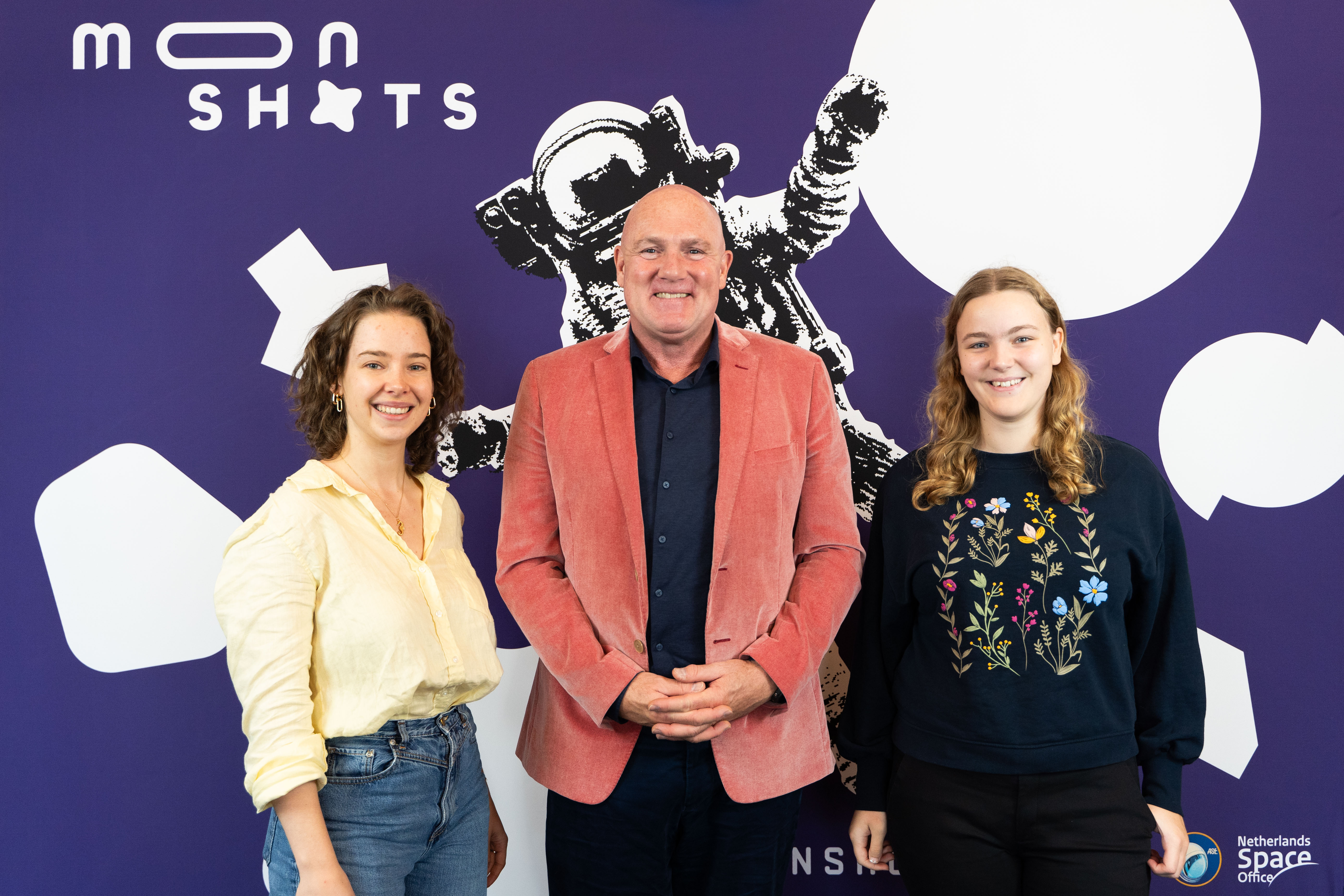
Image: Jaime Korbee
Moonshots
In 2024, under the leadership of André Kuipers, 100 astronauts from all over the world will come to the Netherlands for Moonshots 24. This year is very special because all students in the Netherlands are invited to participate! Do you have a good idea to help the planet, shape the future of mankind, work out special technology, create your own AI or something much more extraordinary? You still have until January to apply. If your idea is chosen, then you get to work it out for a year...along with one of the astronauts! Want to know more? Then check out their website: https://moonshots24.nl/
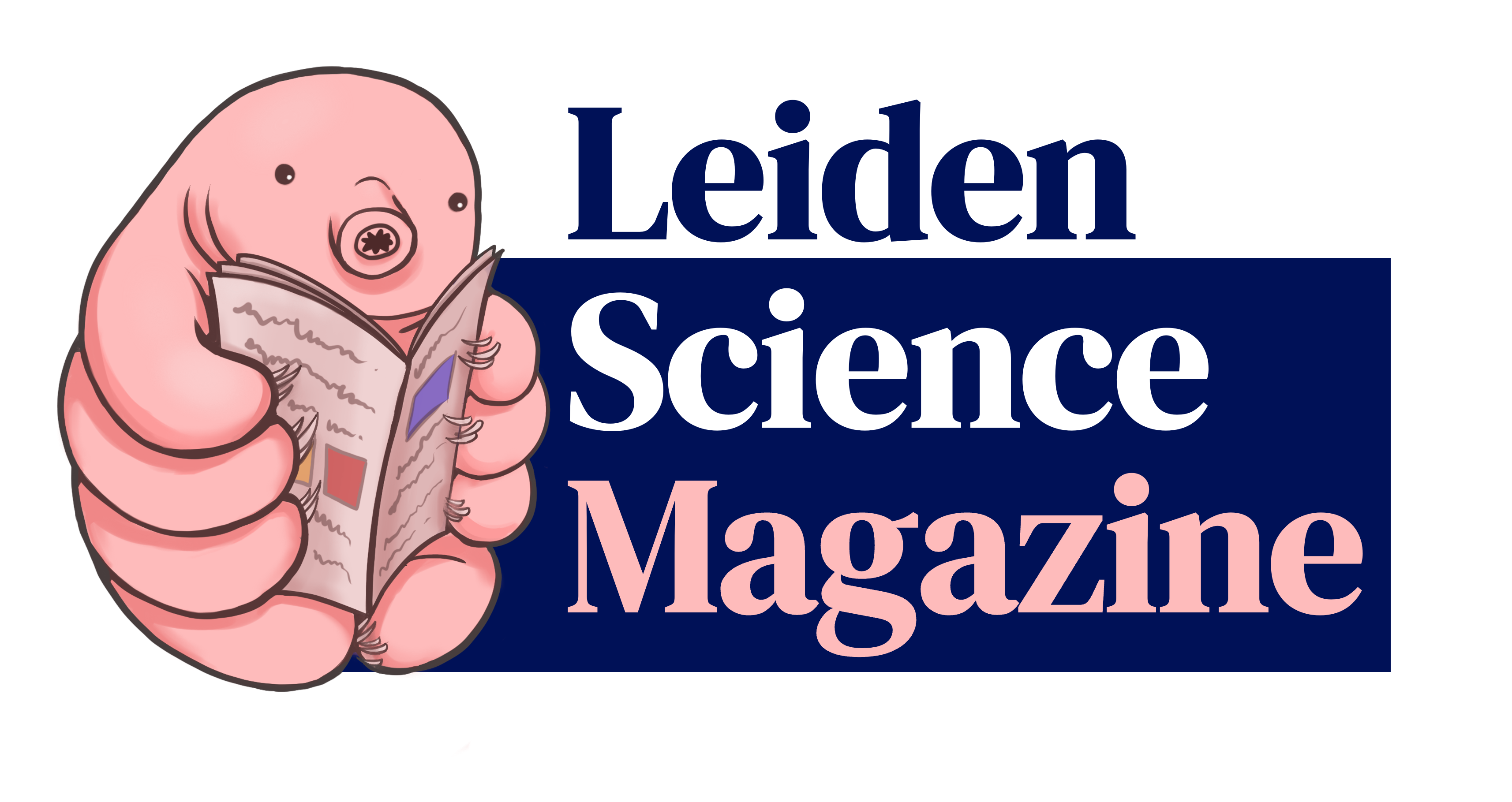



0 Comments
Add a comment